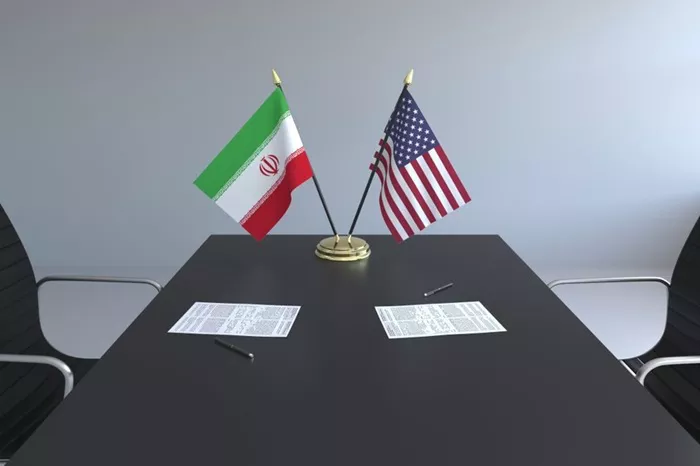Amid renewed diplomatic efforts between the United States and Iran, expectations are rising that a deal to curb Tehran’s nuclear ambitions could soon be reached—potentially paving the way for the return of Iranian crude to global markets.
Following four rounds of indirect talks—mediated by Oman—with a fifth round anticipated, both sides remain tight-lipped about concrete outcomes. Yet U.S. President Donald Trump’s remarks on Thursday during his visit to Qatar suggested negotiations are edging closer to a breakthrough. “I think we’re getting close to maybe doing a deal,” Trump stated.
A successful agreement could ease tensions in the volatile Middle East, boost Iran’s sanctions-hit economy, and revitalize the country’s oil and gas industry. As a founding member of Opec, Iran’s potential reentry into oil markets carries weighty implications for global supply and prices.
However, the outcome remains uncertain. Failure to reach a deal could escalate regional insecurity and prompt Washington to impose even harsher sanctions, further restricting Iran’s already constrained oil exports.
Iran’s motivation to remain at the table stems from its fragile economic condition and diminished regional influence. But Tehran has voiced concerns over Washington’s inconsistent messaging. Iranian Deputy Foreign Minister Majid Takht-Ravanchi criticized the U.S. for what he described as a contradictory stance—pursuing diplomacy while simultaneously threatening increased sanctions. The dual approach, he warned, risks eroding the trust required for constructive negotiations.
Despite these tensions, both nations have agreed in principle to continue the dialogue. A timeline for the next round of talks has not yet been announced.
If diplomacy succeeds, the potential lifting of sanctions would allow Iran to ramp up oil exports, altering the global energy landscape and challenging current Opec+ dynamics. Conversely, a breakdown in discussions could cement Iran’s isolation and tighten the oil market further.
For now, industry stakeholders are watching closely, as the outcome could significantly influence market stability, geopolitical balance, and the future of nuclear diplomacy in the region.

